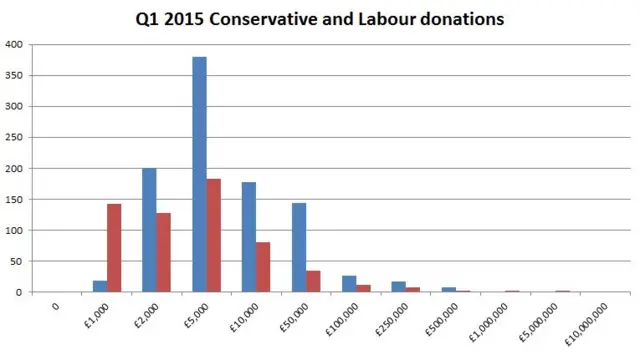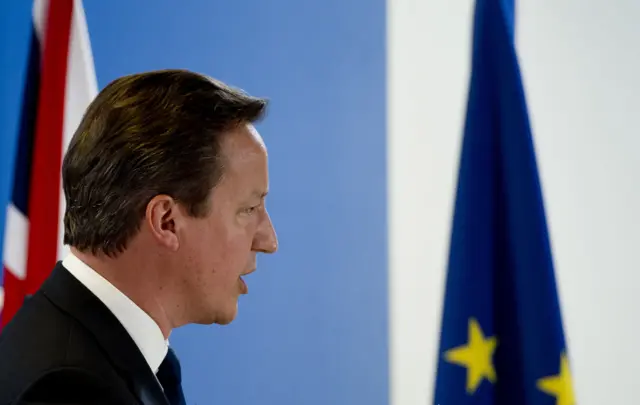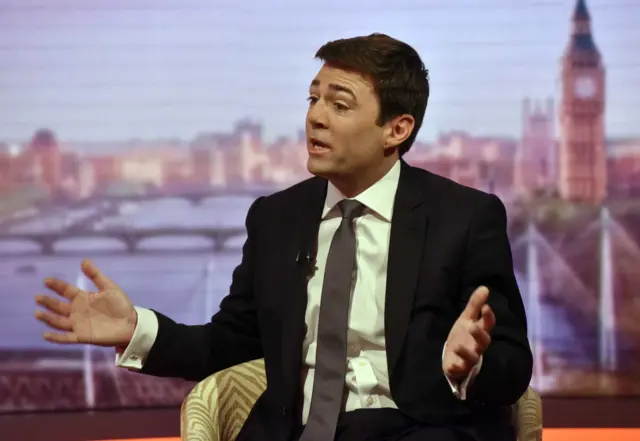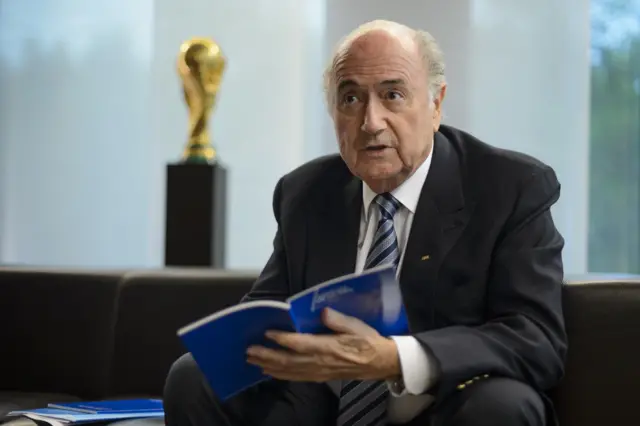Career defining politicspublished at 18:25 BST 28 May 2015
Harry Pick, Newsnight producer
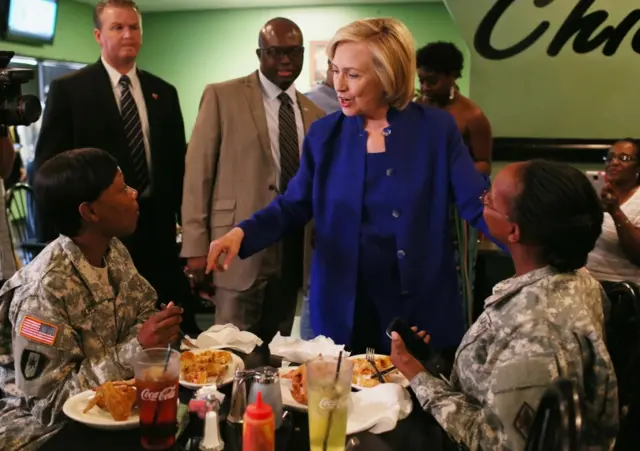
Would more focus on character virtues help politicians appeal to disconnected voters?
Kirsty Wark will be interviewing the New York Times columnist David Brooks tonight about his new book, “The Road to Character”. Brooks, one of America's most popular conservative political commentators, believes there are two different kinds of virtues in people. One is a set of short term, glittering résumé virtues. The second are more moral virtues that cultivate "strong character", the kind of traits we'd expect others to reflect on in our eulogies. Since World War II, he argues, people have become obsessed with their résumé virtues - not their moral well-being. We live in a less self-effacing, morally conscious society, weakened by the post Oprah self-help, self-love confessional culture. To him most greatness has been built on a sense of humility. In short, stop thinking you're special.
However where Brooks is most interesting to us political boffins is through his ideas on leadership. For Brooks, President Eisenhower typified the greatest values in not just a human but a political leader – an embodiment of self-restraint and moral virtues, steering America through a period of no drastic change but ultimate improvement for the nation. But what about our current crop of leaders? Do they, as Brooks laments about general society, “have a clearer idea on how to achieve career success than how to develop a profound character”? The desire to win is clearly a burden that weighs heavy on politicians – more so than ever in an era where everyone is always watching. For me the most remarkable mistake, in a rather staid general election campaign, was Cameron claiming this election was a “career defining moment, external". A Freudian slip, but perhaps revealing too much thinking about résumé virtues from a man who has spent twenty years climbing the political ladder.
In Brooks's native America, President Obama's public virtues are evident in his rhetoric, which has led many to endow him with praise for his character and connection with millions – but increasingly he has been criticised for appearing aloof or out of touch with the constituencies that voted for him. Hillary Clinton was said to have lost in 2008 because she didn’t cultivate many of the values Brooks talks about, focusing too much on the virtues of her résumé and place in the political establishment instead of returning to her roots and presenting a clear moral message. Her campaign strategy has changed this time round – she is meeting people in small venues, talking to them and trying to show that perhaps she would even stay home occasionally baking cookies, external after all. It is an oft discussed debate, but this evening Brooks's arguments might help illuminate why so many feel disconnected from our political class, seen by some as dominated more by careerists than characters.






